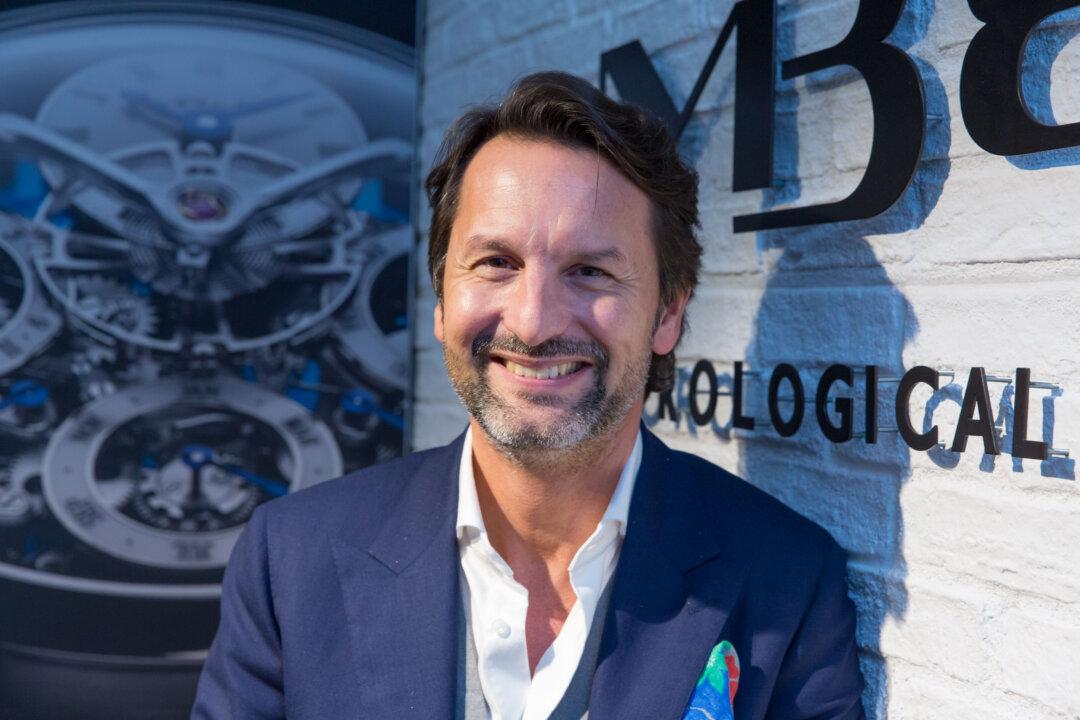MB&F also known as Maximilian Büsser and Friends produces some of the most interesting timepieces and horological machines in the world. The key to the brand’s success has been Maximilian Büsser’s creativity. He is uncompromising in seeking to realize his goal of bringing a child’s sense of awe and playfulness into high-end watchmaking. The brand’s calling card is blending traditional watchmaking with an artistic approach to create three-dimensional kinetic sculptures.
This year, MB&F won a WatchStars 2016 award at Baselworld in the design category for its Legacy Machine 101.
Founded by Büsser, the Geneva-based Swiss watch brand celebrated its 10th anniversary in 2015. In a short span of time, the brand built nine horological and four legacy machines. It also created 16 performance art pieces, which are limited editions developed in collaboration with artists.
Thanks to its unique design and loyal customers, most MB&F watches carry a retail price between $55,000 and $90,000.
Earlier this year, Epoch Times met with Büsser at Baselworld in Switzerland. Büsser spoke candidly about his personal journey and how that influenced his professional life and current passion for watchmaking.






